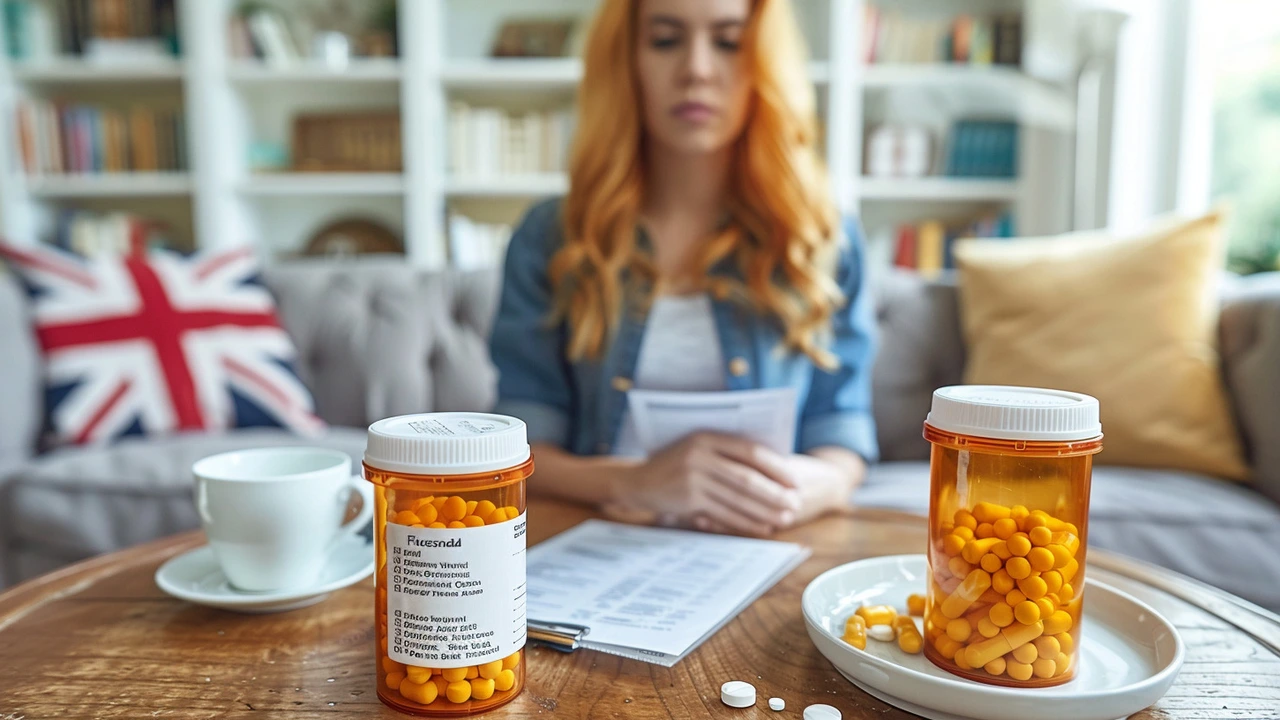Fluconazole (brand name Diflucan) is a common antifungal pill used for yeast infections in the mouth, throat, esophagus, and vagina. It also treats some systemic Candida infections. It works by stopping fungi from making a key cell-wall component, so the infection can clear up.
For a vaginal yeast infection, the usual adult dose is a single 150 mg oral tablet. For uncomplicated oral thrush, a common approach is 200 mg on day one, then 100 mg daily for at least 14 days. People with recurring vaginal infections may be offered 150 mg once weekly for several months as maintenance. If your doctor prescribes a different dose, follow their instructions — severity, site of infection, and other health issues change the plan.
Use fluconazole exactly as directed. Skipping doses or stopping early can let the fungus come back. If you still have symptoms after finishing the prescribed course, contact your provider — you may need a different treatment or testing to confirm the diagnosis.
Most people tolerate fluconazole. Common side effects include nausea, stomach pain, headache, and taste changes. Rare but serious problems include severe liver injury and allergic reactions — get urgent help for yellowing skin, dark urine, severe belly pain, or a rash with blistering.
Fluconazole interacts with several medicines. It can raise blood levels of warfarin (increasing bleeding risk), some cholesterol drugs (like simvastatin), and certain anti-seizure medicines. It can also affect drugs processed by CYP3A4 and CYP2C9 enzymes. Tell your clinician about all prescription meds, supplements, and herbal products you take. If you’re on a heart medicine that affects QT interval or you have a history of irregular heartbeat, ask before taking fluconazole.
If you have liver disease, a weakened immune system, or are pregnant or breastfeeding, check with your provider first. Long-term or high-dose fluconazole has been linked to birth defects in some studies, so pregnancy requires careful discussion.
One more practical tip: don’t self-diagnose. Vaginal symptoms can come from bacteria or irritants, not only yeast. A quick test at a clinic can save you time and stop unnecessary meds.
Want to buy fluconazole online? Buy only from licensed pharmacies that require a prescription, show a valid contact address and pharmacist access, and use secure payment. Avoid sites with unbelievably low prices, no prescription requirement, or no clear customer support. If in doubt, ask your doctor to recommend a trustworthy online pharmacy.
If anything feels off while taking fluconazole — new symptoms, severe side effects, or strange bleeding — contact your healthcare team. Used correctly, it’s an effective and convenient antifungal; used without care, it can cause avoidable risks.

Mixing medication with alcohol can be risky, and Fluconazole is no exception. This article delves into whether it's safe to consume alcohol while taking Fluconazole, highlighting potential risks, effects, and what you should do. Get informed to make the best decision for your health.